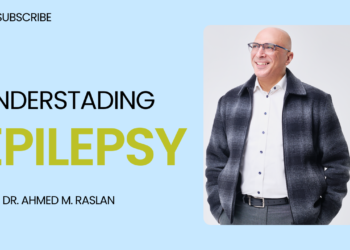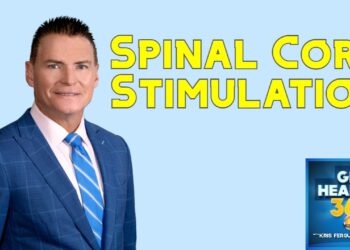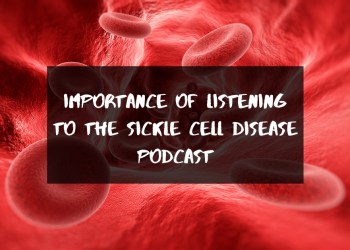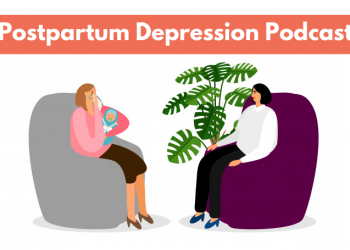Turn that frown upside down with …. Botox ?

Most of the news you hear about botulinum toxin relates to its use under the brand name Botox as a cosmetic treatment for facial wrinkles. But can Botox also help those suffering from depression?
This meta-analysis of 639 research articles suggests that botulinum toxin can produce significant improvement in depressive symptoms. Botox was also shown to be safe for people receiving anti-depression medication and psychotherapy.
The anti-depressant properties seem to be most prevalent when botulinum toxin is injected in the glabellar region (the area between the eyebrows), according to studies published on MedScape.
Just how Botox achieves this anti-depressant effect is not well understood and remains a topic of research.
The Research
J Psychiatr Pract. 2016 Mar;22(2):99-110. doi: 10.1097/PRA.0000000000000136.
Role of Botulinum Toxin in Depression.
Parsaik AK1, Mascarenhas SS, Hashmi A, Prokop LJ, John V, Okusaga O, Singh B.
1 PARSAIK, HASHMI, JOHN, and OKUSAGA: Department of Psychiatry and Behavioral Sciences, The University of Texas Medical School at Houston, Houston, TXMASCARENHAS: Health Care Management, London Training College, London, UKPROKOP: Mayo Clinic Libraries, Mayo Clinic, Rochester, MNSINGH: Department of Psychiatry and Behavioral Science, University of North Dakota School of Medicine and Health Sciences, Fargo, ND.
Abstract
OBJECTIVE:
The goal of this review was to consolidate the evidence concerning the efficacy of botulinum toxin type A (onabotulinumtoxinA) in depression.
METHODS:
We searched MEDLINE, EMBASE, Cochrane, and Scopus through May 5, 2014, for studies evaluating the efficacy of botulinum toxin A in depression. Only randomized controlled trials were included in the meta-analysis. A pooled mean difference in primary depression score, and pooled odds ratio for response and remission rate with 95% confidence interval (CI) were estimated using the random-effects model. Heterogeneity was assessed using Cochran Q test and χ statistic.
RESULTS:
Of the 639 articles that were initially retrieved, 5 studies enrolling 194 subjects (age 49±9.6 y) were included in the systematic review, and 3 randomized controlled trials enrolling 134 subjects were included in the meta-analysis. The meta-analysis showed a significant decrease in mean primary depression scores among patients who received botulinum toxin A compared with placebo (-9.80; 95% CI, -12.90 to -6.69) with modest heterogeneity between the studies (Cochran Q test, χ=70). Response and remission rates were 8.3 and 4.6 times higher, respectively, among patients receiving botulinum toxin A compared with placebo, with no heterogeneity between the studies. The 2 studies excluded from the meta-analysis also found a significant decrease in primary depression scores in patients after receiving botulinum toxin A. A few subjects had minor side effects, which were similar between the groups receiving botulinum toxin and those receiving placebo.
CONCLUSIONS:
This study suggests that botulinum toxin A can produce significant improvement in depressive symptoms and is a safe adjunctive treatment for patients receiving pharmacotherapy for depression. Future trials are needed to evaluate the antidepressant effect per se of botulinum toxin A and to further elucidate the underlying antidepressant mechanism of botulinum toxin A.











